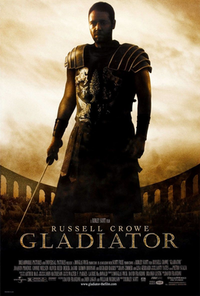Lists

1 Book
Productivity Books
Sort by:
Recent Desc
More lists by MrJazzLicks



Options
List includes: Curb Your Enthusiasm, Up, Supernatural
September 2022
0
@MrJazzLicks



Films to watch
List includes: American History X, Snatch, Up
September 2022
0
@MrJazzLicks



the game
black mirror white bear
September 2022
0
@MrJazzLicks



Watch again
List includes: Up, Gladiator, Fight Club
September 2022
0
@MrJazzLicks

Jazz Music
List includes: Jacob Collier
July 2020
0
@MrJazzLicks